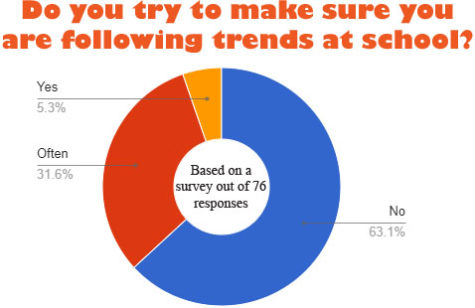Focus on numbers smothers joy of learning
January 25, 2019
It began with the books.
Growing up, I remember more than just a few bookworms among my peers. Names like Harry Potter or the Boxcar Children regularly inspired feelings of delight, wonderment, and magic. Characters resonated with readers and the plot continued to draw them in; quite simply, students read books because they enjoyed them, so why did they stop?
As kids began to shelve the books they loved, it was not just the magic of Harry Potter that disappeared. Kids that once loved going to school and learning new information grew into sleep-deprived, stressed teens with a resentment for learning. I do not believe that students grew out of their desire for knowledge but rather felt forced to leave it behind. The current education system has smothered the joy of learning by creating a focus on numbers.
Since the development of public education, focus on testing has never been so big. From SAT and ACT to finals, almost every aspect of a student’s education centers around how well they can score. While tests are good for measuring progress , the intrinsic rewards of learning are lost by the focus on scores and ranks.
Under the pressure to meet numeric benchmarks, students are left with little room or time to explore their interests. To stay on track with exams, students absorb as much information as they can within a limited time frame, and the problem is that it works, most of the time.
Retaining information just long enough to do well on a test is enough for students to pass with flying colors, but how much have they really learned? Focus on GPA and rank discourages students from taking the time to actually become familiar with what they are learning, and even leads to cheating in some cases.
Instead of centering courses around tests, classes should be designed with an attention on creativity and intellectual stimulation. Over the years, as standard curriculum worked to develop basic reading and math skills, classes such as American Literature and Latin were cut. These classes may not be necessary for daily life, but they are valuable for gaining insight on life. Before college and career prep, high school should be a time to figure out what you are interested in and how you fit into a larger society. By bringing back more diverse classes, the current education can respark the desire for knowledge in students by giving them the room for exploration.
Students have the intellectual curiosity; they have just been conditioned over time to ignore it. If we unshelve the books and encourage students to take interest in new subjects, we can respark the joy of learning.








